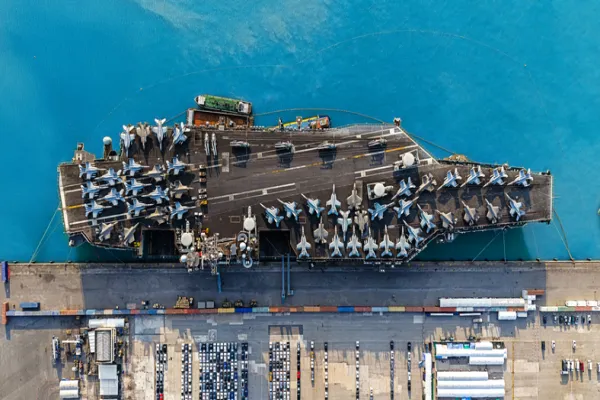"It would be silly to tell you that we anticipated this number," says a modest Stef van Doesburg about the stunning 82-fold increase in value he and his fellow investors recently reaped from one of the most lucrative private equity deals of all time.
On June 30, van Doesburg, 39, and his three partners at Naarden, Netherlandsbased Greenfield Capital sold Dutch mobile operator Telfort to rival KPN for E980 million ($1.18 billion) in cash -- a price that could rise to more than E1.1 billion if certain undisclosed earnings targets are reached within the next two years.
Greenfield bought Telfort, the Netherlands' fourth-largest mobile operator, in April 2003 for E12 million from heavily indebted U.K. wireless group MmO2. At the time, most analysts doubted that Telfort would ever turn a profit in the crowded Dutch mobile market; they contended that Greenfield was paying too much.
But van Doesburg and his 46-year-old partner, Paul Janssens, who manages Greenfield's E40 million NEThave fund, which held the Telfort stake, quickly overhauled the company. They cut costs 20 percent by laying off a fifth of the 750-person staff and renegotiating roaming contracts with competitors. They also boosted annual sales by 27 percent in two years, to E509 million, by reselling excess capacity to third-party discount retailers and promoting Telfort's low-cost, no-frills mobile service. The company, which has 2.4 million clients, went from a E40 million loss in 2003 to a net profit of E166.8 million in the 12 months ended March 31.
Van Doesburg asserts that the smartest move he and Janssens made was to sell 34 percent of Telfort through an auction to Marcel Boekhoorn, a retired biscuit entrepreneur and NEThave's largest investor, eight months ago for E119 million -- setting the company's value at E350 million.
"Although we sold a big stake and lost out on some upside, KPN never would have paid so much for an asset that we bought for so little unless a new benchmark had been set," says van Doesburg. "Deal making is 90 percent about psychology and only 10 percent about substance."




